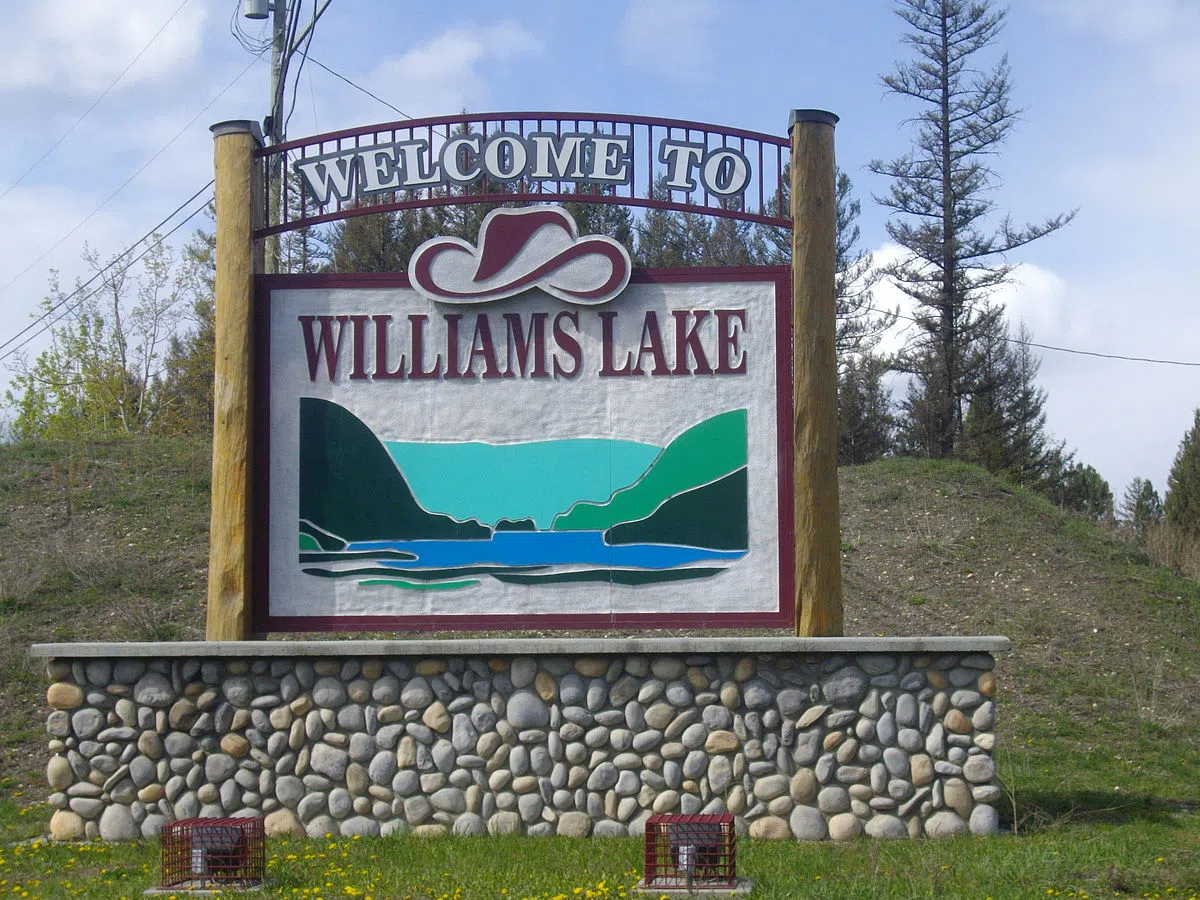
Putting our rural communities at the forefront, not the backburner
THE UNION OF B.C. MUNICIPALITIES is underway in Whistler this week, bringing local and provincial representatives under one roof to discuss a wide range of important issues. It provides a unique venue and opportunity to get people talking, learning and exchanging ideas.
Representing the rural riding of Cariboo-Chilcotin I know it’s easy for Interior residents to occasionally feel isolated or forgotten about, as bigger urban issues often dominate media headlines and everyday conversation. But each year at UBCM, that divide is less evident. The mayor of Vancouver and the mayor of Williams Lake or 100 Mile House get the same opportunity to sit down with provincial representatives and share their issues of concern. On the convention floor, everyone gets to have their say on important policies that affect their communities, whether you hail from a small town or a big one.
The theme of this year’s UBCM convention is “communication, collaboration and cooperation.” Rural communities know how significant those three words can be when it comes to building success for our residents and business owners.
The importance of good communication between various levels of government can’t be overstated. We’ve seen this firsthand during the devastating wildfires, mudslides and floods that have affected my riding of Cariboo-Chilcotin and many others throughout the Interior over the past few years.


